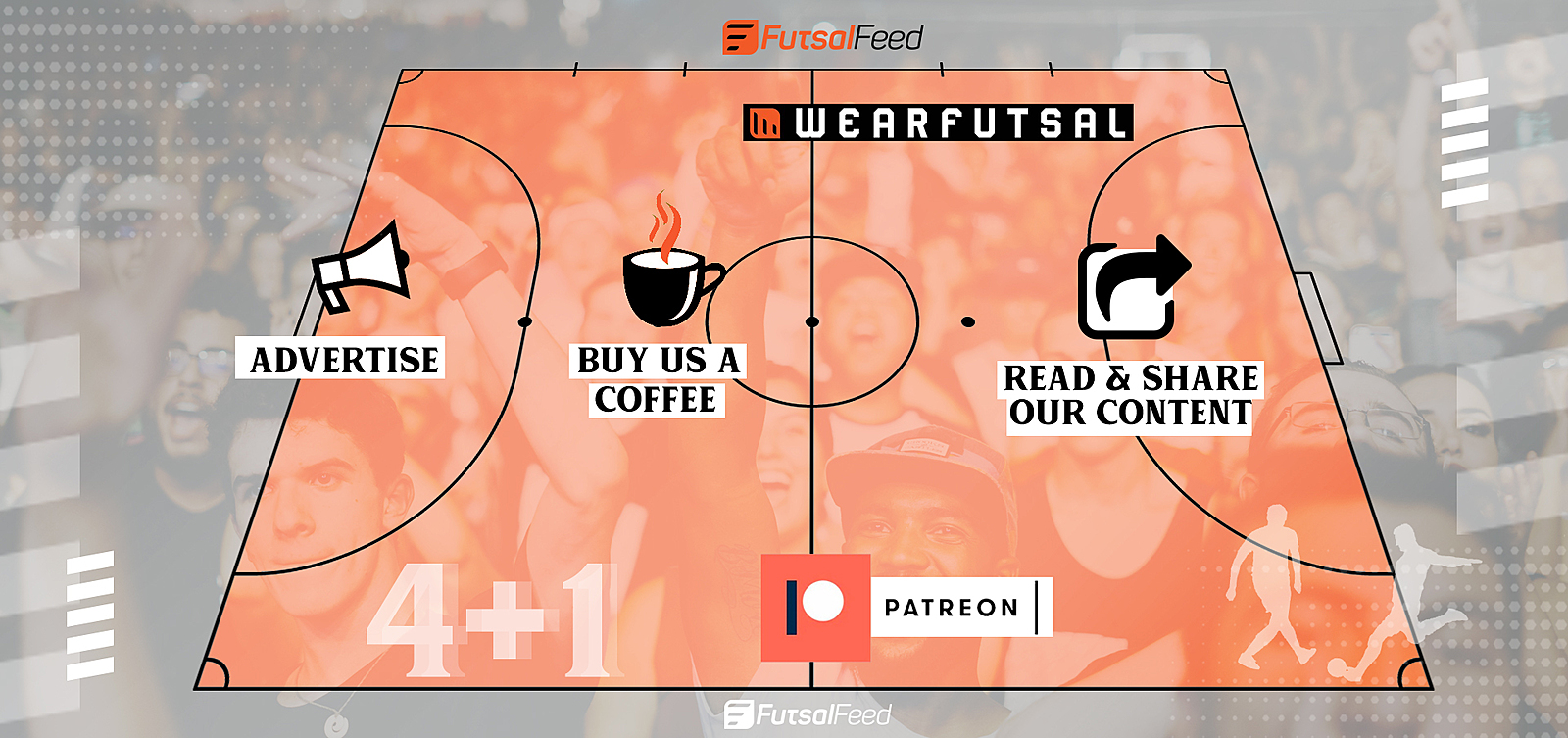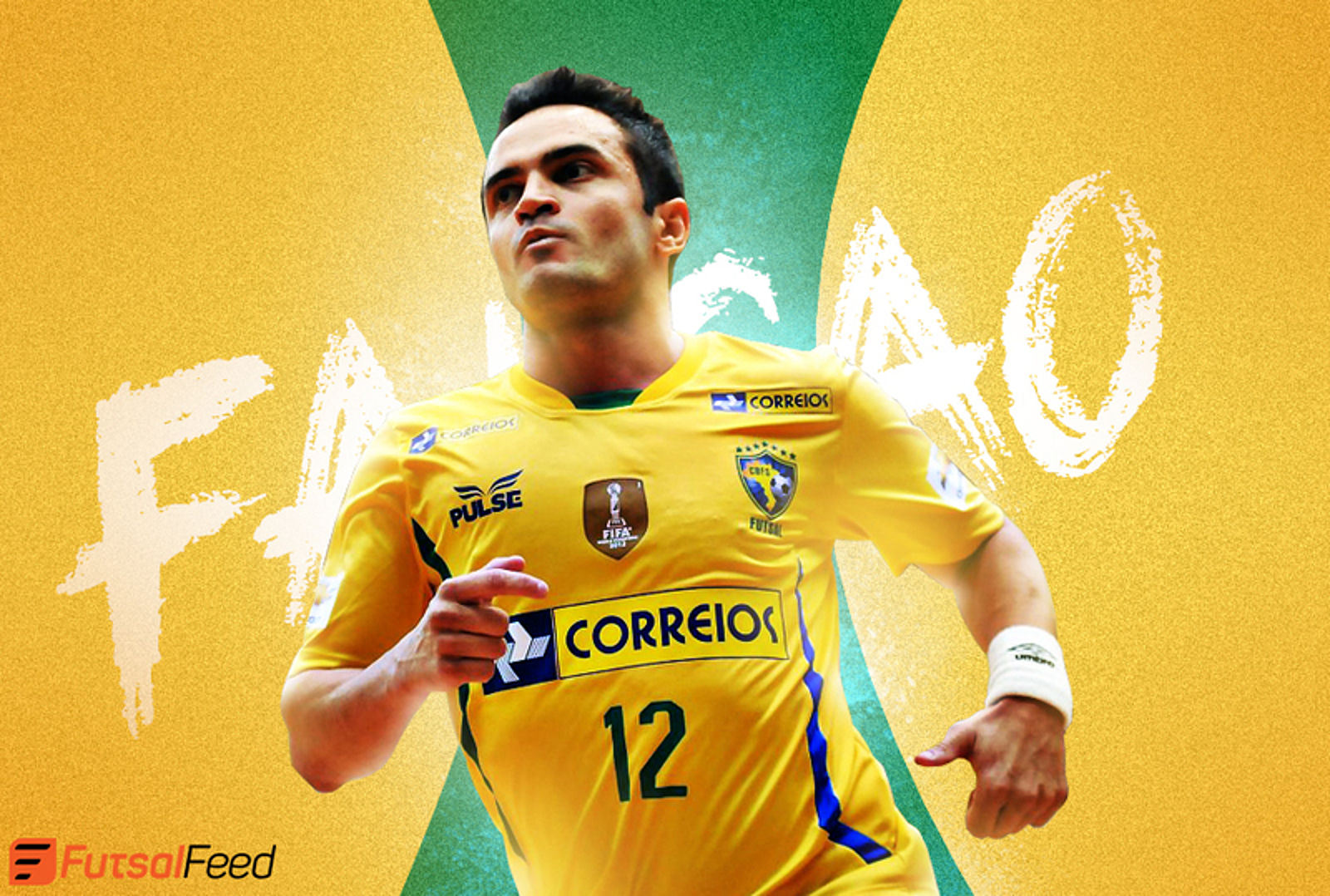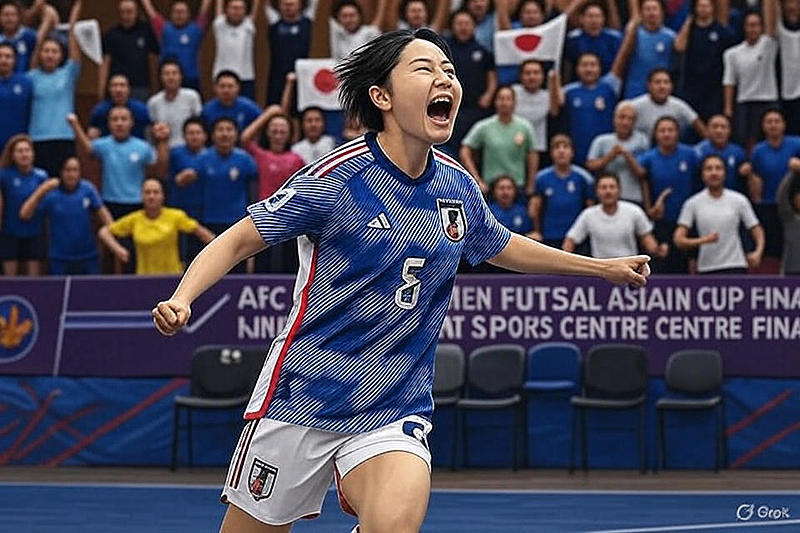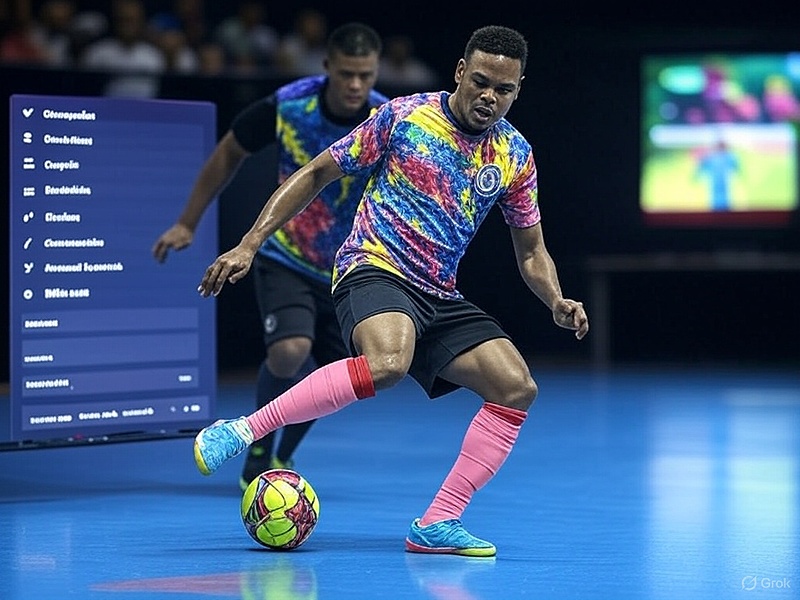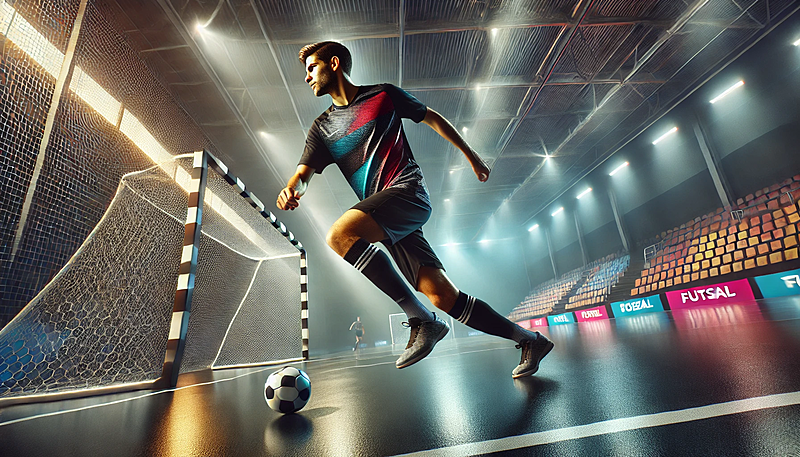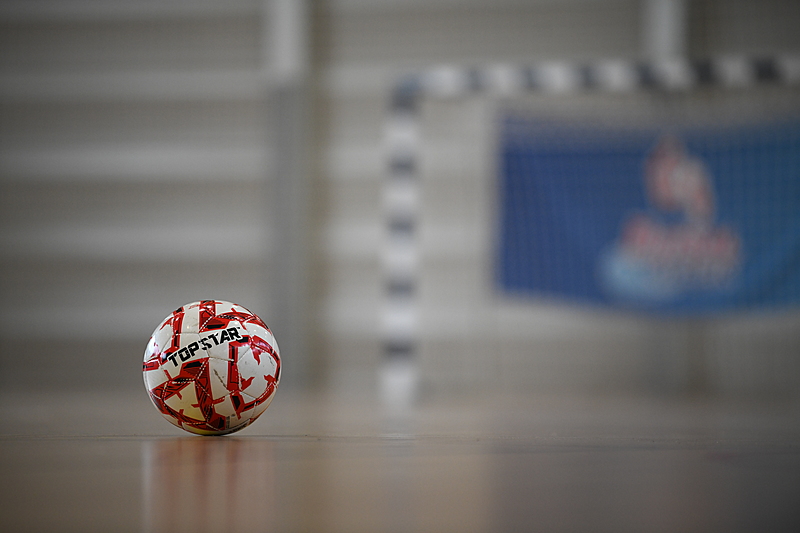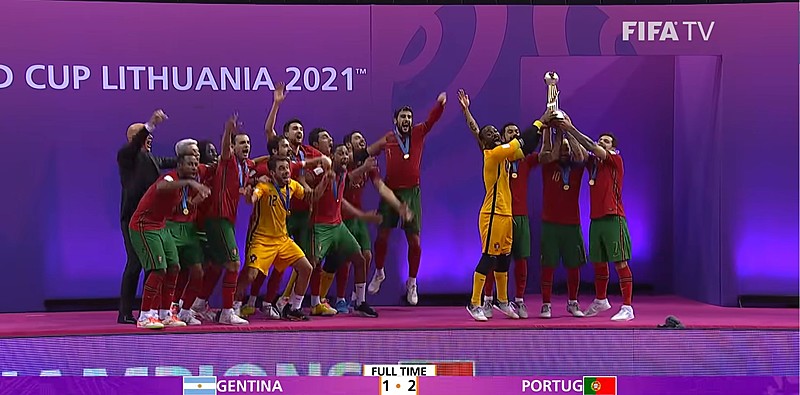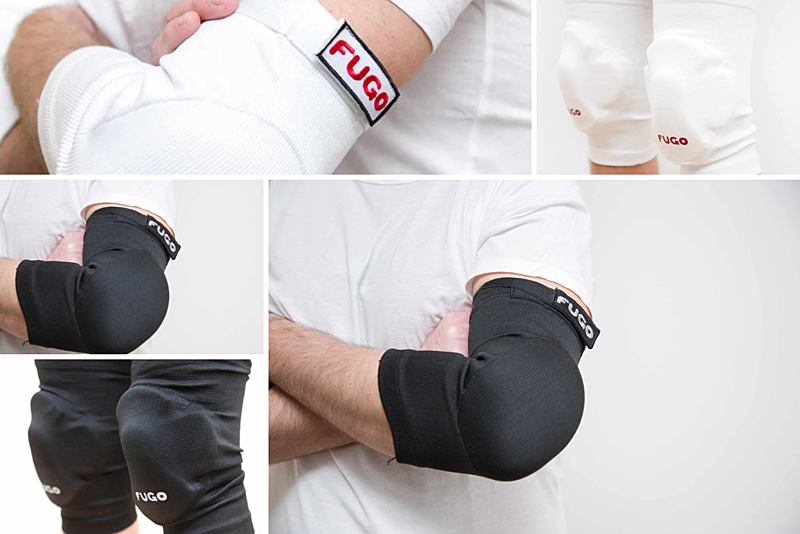-
This article was taken from one of the most popular Croatian sports websites Telesport.hr. The original text was written by the Croatian sports columnist Juraj Vrdoljak, and this text is our free translation from Croatian.
-
Original text by Juraj Vrdoljak, telesport.telegram.hr, 30.10.2018.
- Falcão is Indoor Pelé, the best futsal player of all time!
Rarely in sport have we witnessed such a moment as that late-September day in 2016 in Bucaramanga, Colombia.
Brazilian national futsal team, one of the ultimate favorites for clinching World Futsal Cup, played its second-round match against Iran, a team that found itself here through the qualification of third-ranked teams in the group stage. Brazilians have charged through their group with three victories, including 29:5 goal difference and everyone expected that their qualification to the eighth-finals will bring what masses have expected: at least two more hours of magic by Alessandro Rosa Vieira, known throughout the world by his nickname Falcão. Best futsal player of all times, who came to this tournament to clinch the record of an all-time scorer in the history of the World Cup.
Shocking turn of events that day, however, offered a different story. Falcão scored three goals during regular time and broke all-time scorer record, but tough Iranians managed to score back each time bringing the final result to 4:4 draw. The winner had to be decided by a six meters shootout where even bigger catastrophe struck Seleção: Ari hit the crossbar and Brazil could only get back into the match if Iranians miss as well. Ahmad Esmaeilpour had the honor of bringing a historical success to the Iran national team as he realized the last, crucial penalty kick.
Getting eliminated was not the biggest shock – it was the thought that this could be the end for Falcão, that the end has to come even for the biggest icons of the game. Iranians knew that as well, so instead of celebrating their historical success on their own, they started to lift Falcão in the air – as if they did not want to arouse the wrath of futsal gods. It was a true demonstration of respect towards the sport, not just to the result. Of course, one player never makes an entire sport, but very few players have done more for one sport than Falcão did for futsal.
In a country such as Brazil, where everyone at least tries to play futsal once and many are brilliant in it, this was truly a huge success.
‘First in the village’
Futsal is governed by the law of space, more than in football. Tighter marking on the smaller surface leaves little space on the ball, so every move that the player makes has to be carefully designed and weighted. That usually implies the need for improvisation, because often a better defensive play means more problems while searching for usable passes in front. This is where one’s ability to dribble in small surfaces comes to the scene, in order to create that surplus on the pitch. Harder and riskier, but very effective if done with style.
These abilities and development of such techniques, which are learned from a very young age, are very helpful if a player decides to make a move that many young futsal players take – transition to ‘big’ football. Trends are directing the football game to ever smaller and narrower space and of course that skills one can acquire by playing futsal are very useful. If you are an extraordinary futsal player, that does not mean at all that you are ready for the adaptation on a big pitch, however.
Falcão’s example describes it very well. His story comes down to everlasting torment whether to be ‘first in the village’ or ‘last in the city’ – however, it seems unfair to say something like that for futsal, the fastest growing indoor sport in the world.
Falcão never hid his life ambition to play for a senior selection of Santos, a club that he supported his entire life. Even though he fascinated others with his ball control from a very young age, while his finishing ability was unreal even for the sport in which goals are not rare, Falcão was always looking for an opportunity to try out in football. His dream was once very close to being realized, but he just did not have the perception of space and physicality to create a difference in that context, which is usually a problem, regardless of talent. It seemed that he came to peace with his unfulfilled desire once he did not pass the trials at Santos and once he started to make a name for himself on the futsal scene in the shirt of Corinthians. This was also the true beginning of the greatest career in the history of futsal.
He earned his first call for the Brazilian national team quite fast thanks to his outstanding performances, where he did not take long to take the title of the best player in the world. That was in 2004, one year after he signed for Associação Desportiva Jaraguá, one of the most successful futsal clubs in Brazil. In seven years spent there, he played 230 matches and scored an incredible 317 goals, winning 10 different titles, including 4 South American Futsal Championships.
Lawn Excursion
His record was even better on the international field. He won two World Cups, in 2008 and 2012, with Brazilian Futsal National Team, while he was officially proclaimed for the best futsal player in the world four times! There were many more accomplishments and trophies, maybe even too much to enumerate in text, but players such as Falcão do not need much talk about trophies to show how good he actually was in the sport that he loves so much.
However, as a surging talent that stormed the world of futsal, changing it entirely, Falcão once again looked for an opportunity where many of his colleagues thrived and became globally popular: under the stadium floodlights. Over there, where you do not become just ‘the first in the city’, but first in the entire world.
This new opportunity came rather unexpected, regardless of his shining status under roofs of many sports halls all around the globe. His older brother Pedro was tasked for setting up air-conditioning units in the villa of Marcelo Gouvêa, a former president of the São Paulo football club. They developed a quite close relationship, so Pedro offered to Gouvêa to try and use the marketing potential and to give another chance to his younger brother. Gouvêa agreed and in 2005 Falcão was part of the Sao Paulo team, signing a six-month contract under coach Émerson Leão, an old-school coach and first goalkeeper in the history of Brazilian football national team that wore a captain’s armband.
Leão did not like the pomp around Falcão. Hi was not only skeptical about his former wasted attempts of transition to football, but he was also agitated by the mania which the club created in order to justify the signing of the contract with such a lustrous club. When Falcão was brought in to play as a winger in a match against Ituano, supporters chanted his name and clearly showed whose side they’re on in this argument. In short, time spent on the pitch, Falcão did not make any significant difference, the same as in the next match against Internacional. When Leão did not put him into play in the third match, supporters started to whistle against Luizão, who was given advantage instead of Falcão.
A problem occurred once Leão attributed his lack of confidence towards Falcão to his poor performances in training. It was known from the beginning that Leão sees him as a marketing alien in the world of football, no matter how much of a superstar he was in indoor sports halls. Euphoria started to subside only after Cicinho, who will make a transfer to Real Madrid one year later, said shyly that Falcão does not look his best on the pitch. By the end of the season, the futsal star got a few more minutes on the pitch, but that was it. His second attempt, although more concrete than his last one, failed. Falcão could return to futsal with peace on his mind, liberated from the thought of what could have happened. He knew that he can be the ‘best in the village’ and that there is actually no shame at all in that, especially when you are known as a wizard with the ball.
Indoor Pelé
As a matter of fact, in 2011 he played for Santos’s futsal team, which came as a comforting reward after his unfulfilled child dreams of playing for that club on the ‘big pitch’. However, he did not wear that shirt for a long time because Santos shut down its futsal section, as well as their women’s football team, in order to save some money and try to keep Neymar in the club for at least one more season. The message of the relation between these two sports has been sent to Falcão once again through the destiny of two teams that had to disappear in order to make room to try keeping just one player in the roster of its football team.
Falcão did not complain, reconciling with the fact that he is the first in the village, best in that what he does. He continued to dominate and marvel viewers throughout the world – up until two days ago and his last match for Brazil, when he surpassed the number of 400 goals for his national team and put a cherry on top of his heroic career in the age of 42. In the club domain, he scored more than 1000 goals. Undoubtedly, as “indoor Pelé”, he did an immensely huge thing for futsal, probably more than any other player.
However, at the end of the Falcão story, it is not excessive to say that he also did a lot for his unfulfilled desire, football, as well. For sure, a lot, lot more than if he forced his career on the big pitch to become just an average footballer. With unparalleled beauty and easiness of his moves, he inspired many future stars, while compilation of tricks and goals of this Futsal God will inspire new generations for years to come to try something similar and to move in his or Neymar’s steps.
>>> 4+1 easy ways how can you support FutsalFeed
